In-car Electronics
Infotainment system (audio, GPS, phone), rear entertainment system, backup or other camera/sensors, head-up display.
What Owners Say
"Unable to pair android phone to system. It only pairs apple phone. And no updates."
Anonymous, PA (2020 Toyota Corolla Hybrid Hybrid LE 1.8-L 4 Cyl hybrid)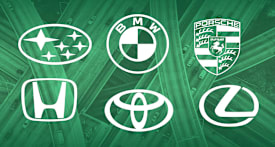
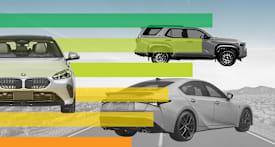



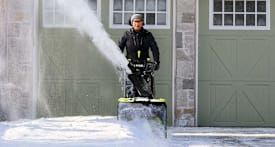










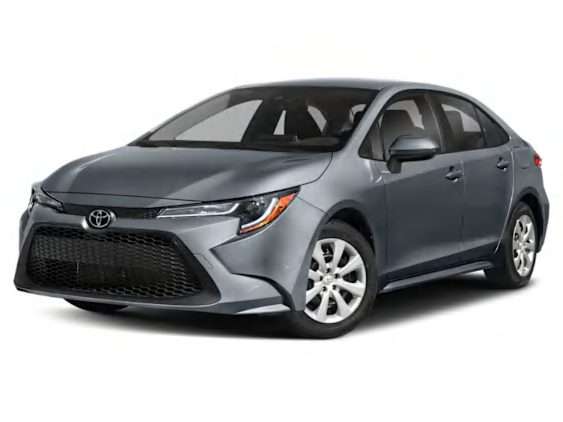
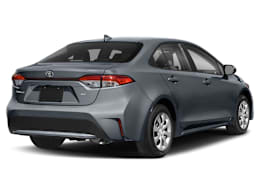
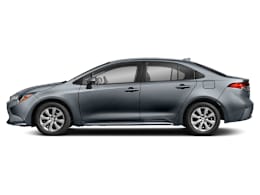
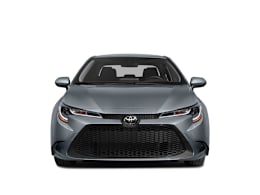
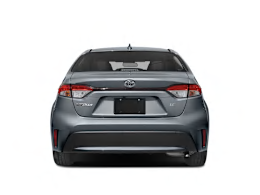
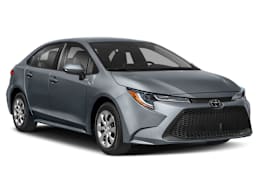
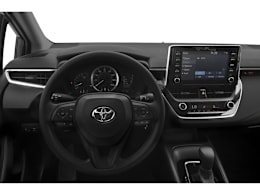
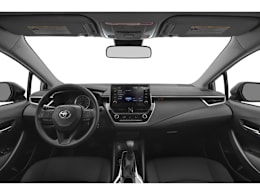
"Ive never been able to use the navigation system. The screen tells me to install Entune yet even the dealership wasnt able to to install it."
Anonymous, CT (2020 Toyota Corolla Hybrid Hybrid LE 1.8-L 4 Cyl hybrid)